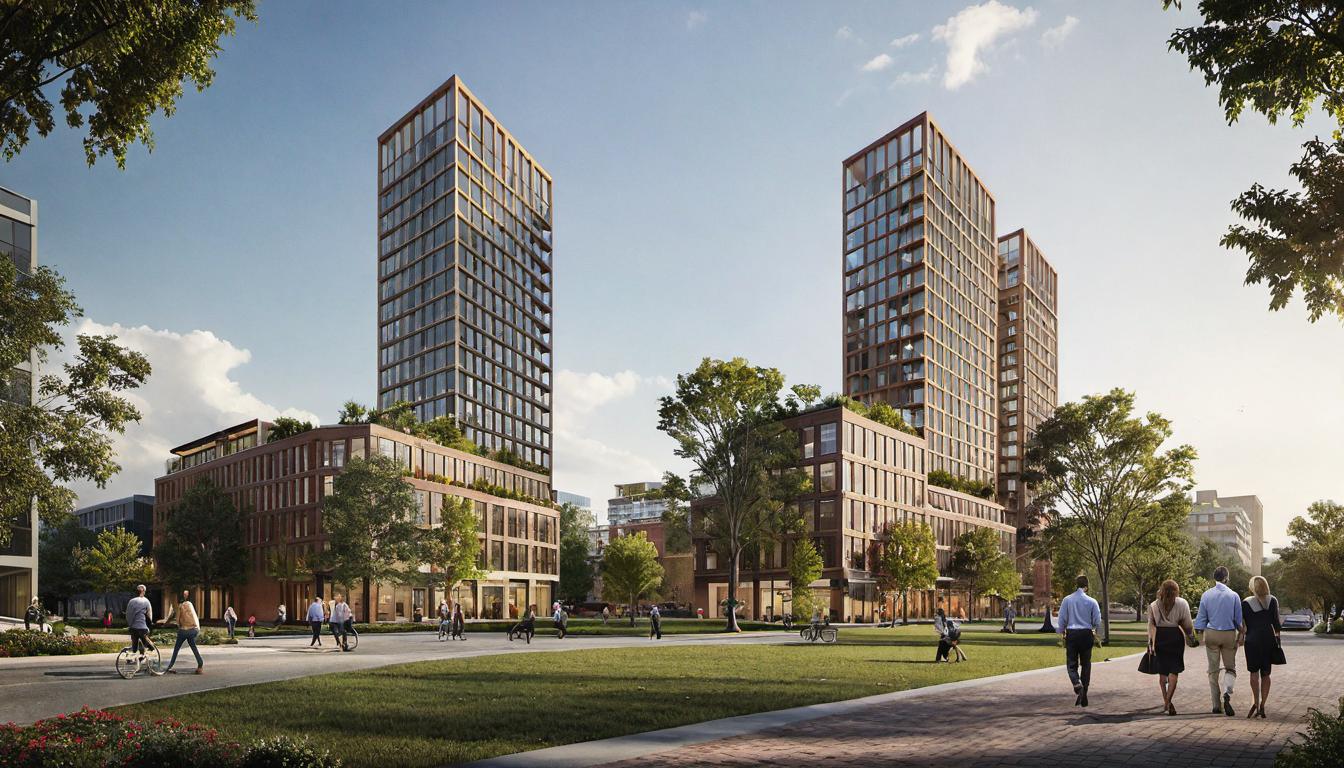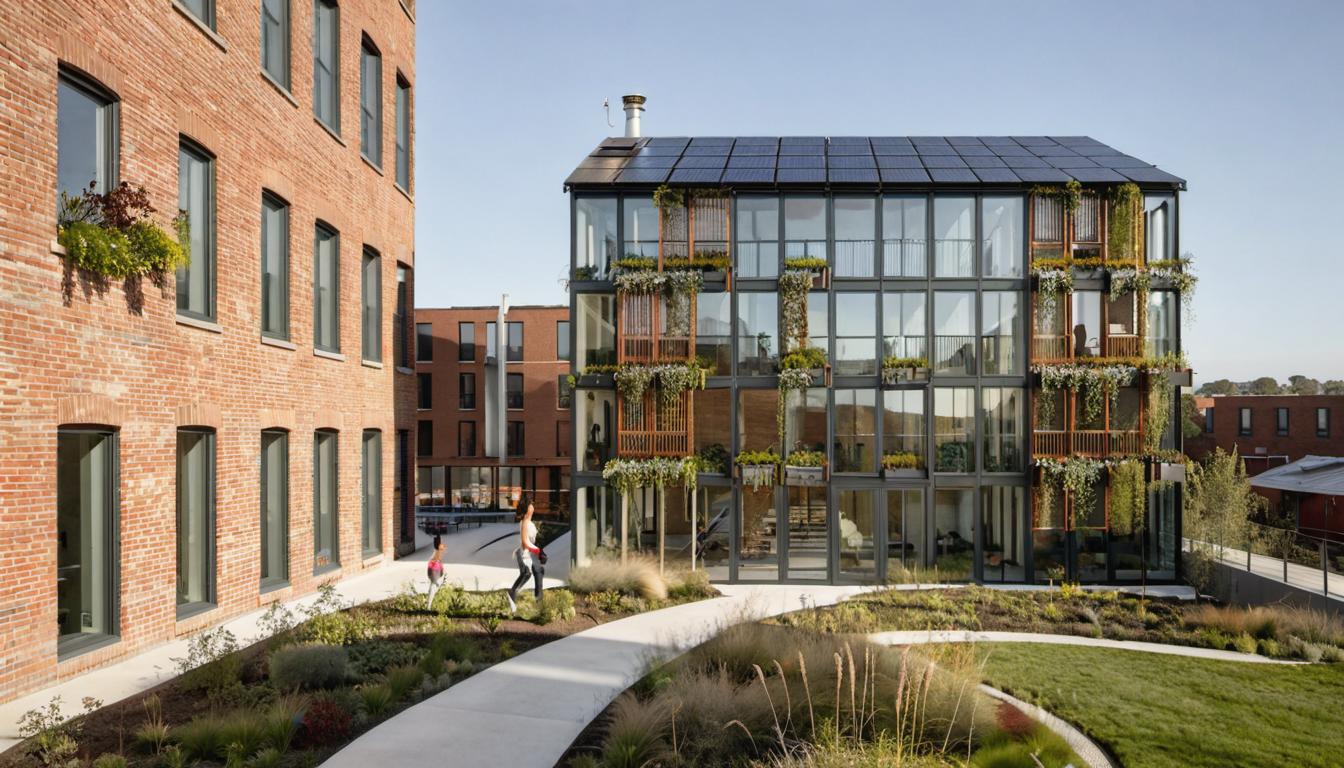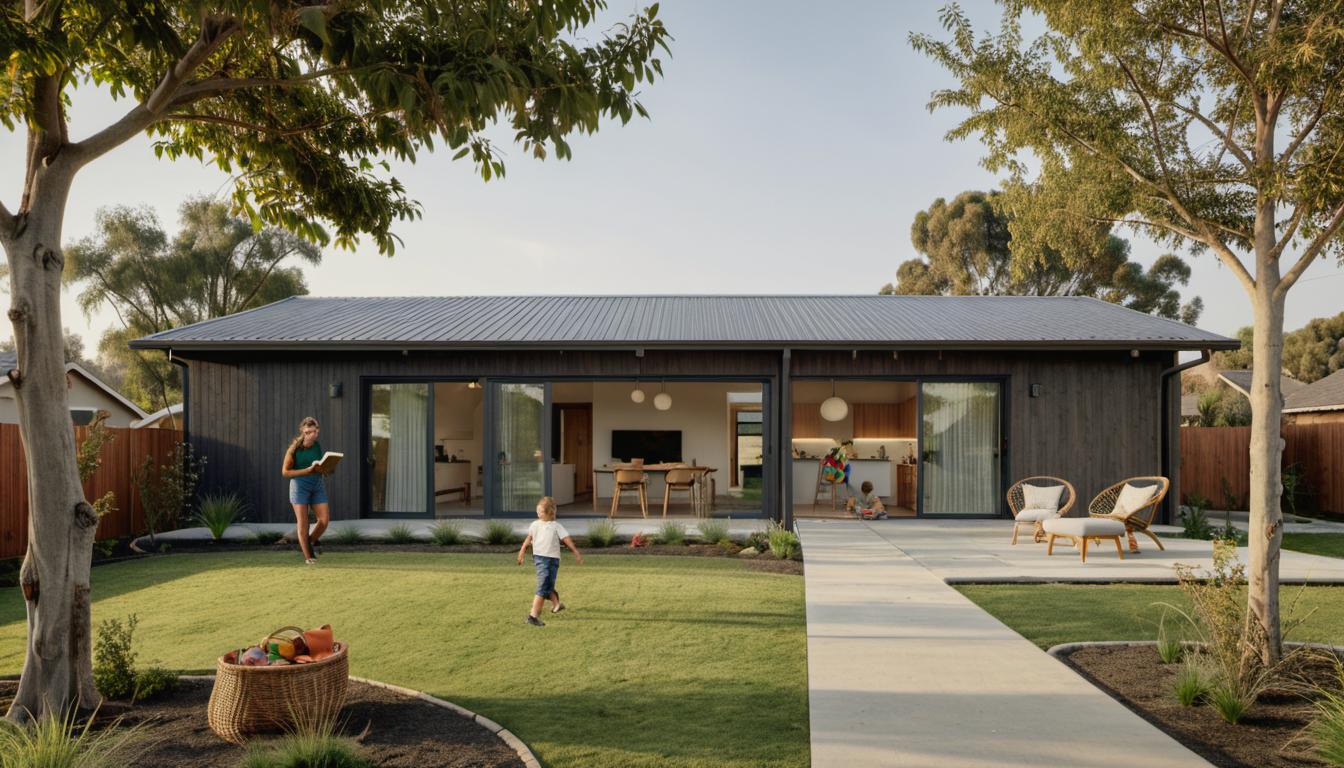Getting Started: How Much Capital Will You Begin With?
Understanding your initial financial capabilities is essential in getting started in the Commercial Real Estate (CRE) Business. Despite variances in people’s starting points, an adequate amount of capital is necessary for investments and the general operation of a CRE business. Society often questions, “What is the acceptable starting capital for a successful CRE business?” An honest answer from my experience is that I started off with approximately $1 million.
Building on Family Heritage: Transitioning to a CRE Business
Sometimes, a stepping-stone in establishing a lucrative CRE business may already be at your disposal. For some, a family business can serve as a perfect launching pad. A rich family heritage in development or real estate can provide a blueprint of a successful business model. This familial advantage simplifies the transition process into a CRE business. However, growth doesn’t occur through inheritance alone. It also demands strategic planning.
In growing a family business into a successful CRE enterprise, several tactics become vital to success. Building on the existing client base, solidifying the company’s market position, and branching out into new areas of the real estate industry, are all integral strategies. So, can previous experience in family businesses help in a CRE venture? Absolutely, it sets a strong foundation for growth.
The Investor Perspective: Becoming a Hard Money/Private Lender
Investing, beyond the tangible bricks and mortar, is an effective strategy for scaling your CRE business. I experienced this transition when I became a private lender. So, what role does investing play in the growth of a CRE business? Understanding that lending can play a significant part in your CRE business helps direct efforts towards these potential returns.
Becoming a hard money or private lender allows for earning passive income while still being involved in the property market. It opens up new income streams and diversifies risk. This new perspective revealed that diversification within the CRE industry is paramount for success. Transitioning from developing to investing did yield success in my experience.
FAQs About a CRE Business
There are several questions typically asked about running a CRE business. Some of these include:
- What is the starting capital for a successful CRE business? Initially, a significant amount of capital such as $1 million could be required to ensure success.
- Can previous experience in family businesses help in a CRE venture? Often, the answer is yes. A strong foundation can be provided, along with an established business model that’s effective.
- How can family heritage influence the direction of a CRE business? Family heritage potentiate a CRE venture by providing a business model and initial resources.
- What is the role of investing in the growth of a CRE business? A pivotal role is played by investing, such as becoming a hard money/private lender, providing additional resources and profitability to a CRE venture.
- Is it necessary to diversify within the CRE industry? Yes, diversification, such as transitioning from development to investing, could lead to overall success in the CRE industry.






